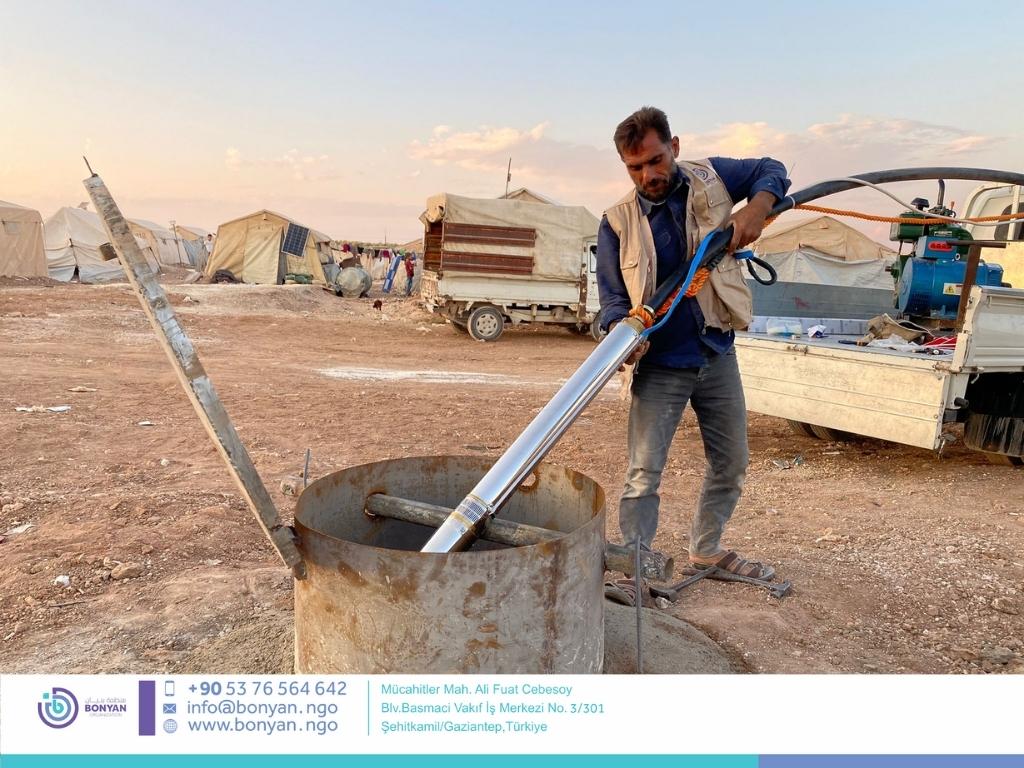What is Sadaqah in Islam?
Sadaqah refers to voluntary acts of charity given with the intention of pleasing Allah and helping others. It is a form of worship done purely for Allah’s sake and is not mandatory, distinguishing it from mandatory forms of charity like Zakat.
Sadaqah embodies virtues such as generosity, goodwill, and benevolence, representing a testament to a Muslim’s deep-rooted faith (iman).
The Virtue of Giving Sadaqah in Islam
Giving Sadaqah (charity) in Islam holds significant virtues and importance:
1. Means of Purification: Sadaqah purifies the giver’s wealth and soul, promoting spiritual cleanliness and sincerity in actions.
2. Fair Society: Sadaqah fosters social justice by sharing wealth with orphans, widows, the sick, and the needy, contributing to a more equitable society.
3. Protection from Calamity: Giving Sadaqah acts as a protective barrier against calamities destined for the giver, offering a shield during both hardship and ease.
4. Multifold Increase: Allah grants manifold increase to those who spend their wealth in His cause, highlighting the abundance of blessings associated with Sadaqah.
What are the types of sadaqah in Islam?
In Islam, Sadaqah encompasses various forms of charity and acts of kindness.
Certainly, let’s expand on each category of Sadaqah:
Traditional Sadaqah
Feeding Others:
Providing sustenance to those in need, offering a fundamental form of assistance to alleviate hunger and promote well-being within the community.
Donating to Someone in Need:
Contributing financial support to individuals facing challenges, aiming to address their immediate needs and improve their overall living conditions.
Making Dua for Others:
Engaging in heartfelt prayers and supplications for the welfare and prosperity of others, seeking blessings and mercy from Allah on their behalf.
Acts of Daily Routine Considered Sadaqah
Sharing a Smile:
Cultivating positivity through a simple yet powerful gesture, uplifting the spirits of others and creating a harmonious atmosphere.
Spreading Knowledge:
Disseminating information and wisdom, empowering individuals with the tools they need to navigate life successfully, and fostering a culture of learning.
Sharing Advice:
Imparting valuable insights and experiences to guide others through life’s challenges, encouraging personal growth and resilience.
Giving Time to Family and Loved Ones:
Allocating quality time to nurture familial bonds, fostering love, understanding, and emotional support within the household.
Tarbiyyah for Children (Raising Them in a Manner Pleasing to Allah):
Providing a nurturing environment for the physical, emotional, and spiritual development of children, instilling Islamic values and principles.
Talking Gently:
Choosing a compassionate and considerate tone in communication, promoting understanding and preventing misunderstandings.
Practicing Patience:
Developing the ability to endure challenges and tribulations with steadfastness, acknowledging that patience is a virtue rewarded by Allah.
Guiding Reverts to Islam:
Offering support, knowledge, and mentorship to individuals who have recently embraced Islam, aiding them in their journey of faith.
Forgiveness:
Cultivating a forgiving attitude, letting go of grudges and resentments for the sake of personal well-being and fostering a positive environment.
Helping Anyone in Need:
Extending assistance to those facing difficulties, regardless of their background or circumstances, embodying the spirit of selflessness.
Showing Respect, Especially to Elders and the Young:
Displaying courtesy and honor towards individuals of all ages, recognizing and valuing the wisdom of elders and the potential of the young.
Providing Guidance to Those Who Have Strayed:
Offering compassionate guidance to individuals who may have deviated from the right path, helping them rediscover their moral compass.
Avoiding Jealousy:
Cultivating contentment and celebrating the success of others, steering clear of envy and promoting a culture of mutual support.
Keeping the Path Clear for Others During Travels:
Ensuring the safety of fellow travelers by removing obstacles and hazards from their path, embodying a sense of communal responsibility.
Shielding Someone from Harm:
Actively protecting others from potential harm, whether physical, emotional, or societal, and fostering a sense of security.
Visiting and Caring for the Sick:
Providing emotional support, companionship, and practical assistance to those who are unwell, promoting a culture of empathy and compassion.
Sadaqah Jariyah:
Teaching Someone a Valuable Skill:
Empowering individuals with practical skills that enhance their livelihoods and contribute to their long-term well-being.
Building Institutions of Good (Mosques, Schools, Hospitals):
Establishing enduring structures that serve the community, providing spaces for worship, education, and healthcare, with benefits persisting over time.
Building Means of Provision (Such as Wells):
Constructing sustainable infrastructure, such as wells, to provide communities with a lasting source of essential resources like clean water.
Teaching Valuable Knowledge Through Books or Lessons:
Creating and disseminating educational materials, contributing to the intellectual growth of individuals and communities.
Planting a Tree:
Participating in environmental stewardship by planting trees, contributing to ecological balance and sustainable development.
Creating Homes or Shelters for People or Animals:
Building durable and safe structures to provide shelter and refuge for individuals or animals in need.
Inventing Something Useful for People or Animals:
Engaging in innovative endeavors that result in inventions benefiting society or improving the well-being of animals.

FAQs
What is Considered Sadaqah?
1. Spreading knowledge is a Sadaqah.
2. Giving sincere advice is a type of Sadaqah.
3. Giving a helping hand, saying a kind word, or even smiling at a fellow Muslim is Sadaqah.
4. It is a Sadaqah to share food.
5. Giving your time and energy to a good cause is also Sadaqah.
6. Having patience in times of trial is also an act of charity.
7. Caring for your family and children.
When Should You Give Sadaqah?
You can give Sadaqah any day, any time. It is an act of generosity that you can give any time you want.
What Happens When You Give Sadaqah?
You purify the Nafs and please Allah the Most Merciful.
Who Can We Give Sadaqah to?
Sadaqah can be given to anyone. However, each doing is ranked with a reward of its own. Giving to those less fortunate of you is the most rewarding.
Are Donations that are Made to Foundations and Associations Considered Sadaqah or Sadaqah Jariyah?
Donations that are made to foundations and associations are considered sadaqah Jariyah.
What are the two types of Sadaqah?
The 2 types of Sadaqah are: Sadaqah and Sadaqah Jariyah, as outlined by the Prophet Muhammad (PBUH)
What is the best form of Sadaqah?
The best form of Sadaqah is to give someone water (to drink). (Ibn Majah)
What are the examples of Sadaqah?
There are 6 examples of Sadaqah, as we mentioned above in the article.
How many types of Sadaqah Wajibah are there?
There are 5 examples of Sadaqah, as we mentioned above in the article.
Content
- What is Sadaqah in Islam?
- The Virtue of Giving Sadaqah in Islam
- What are the types of sadaqah in Islam?
-
FAQs
- What is Considered Sadaqah?
- When Should You Give Sadaqah?
- What Happens When You Give Sadaqah?
- Who Can We Give Sadaqah to?
- Are Donations that are Made to Foundations and Associations Considered Sadaqah or Sadaqah Jariyah?
- What are the two types of Sadaqah?
- What is the best form of Sadaqah?
- What are the examples of Sadaqah?
- How many types of Sadaqah Wajibah are there?



